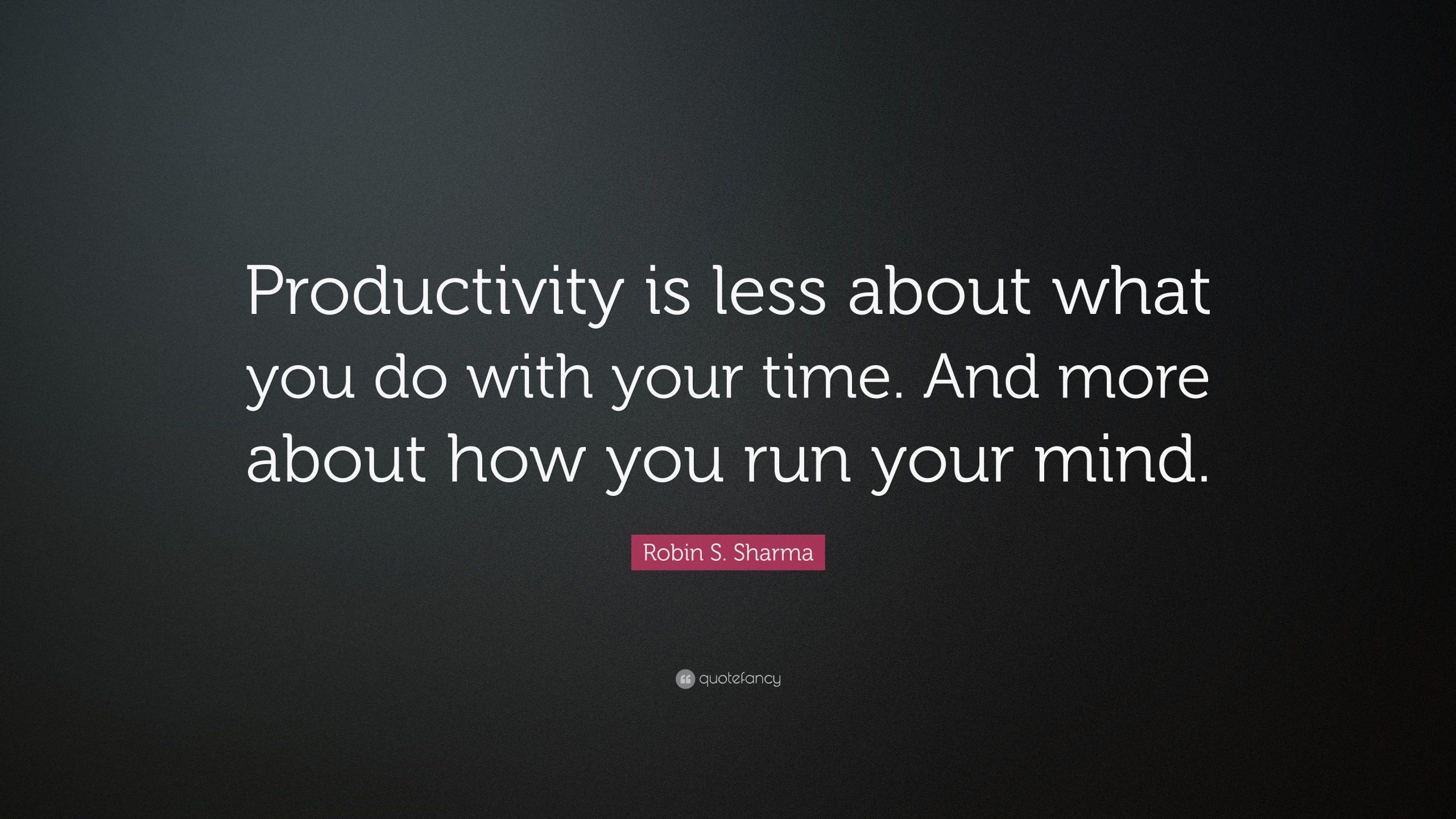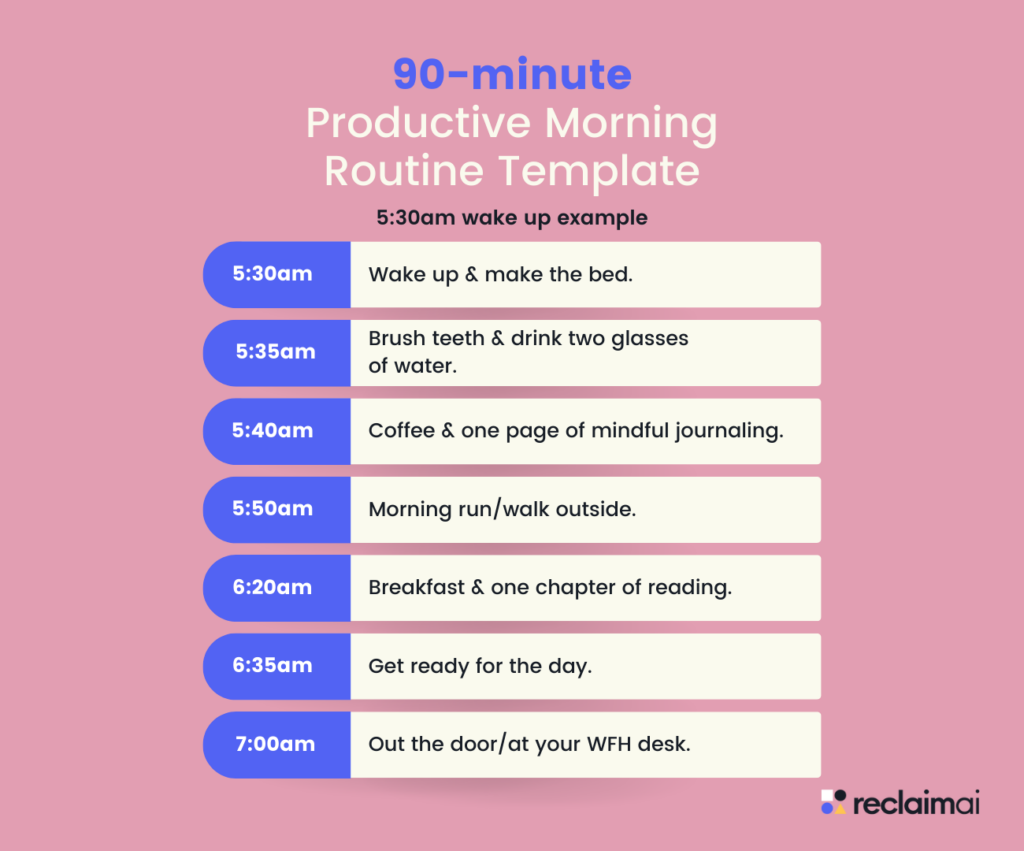

Time Management & Organization: Strategies for a More Productive Day
Time management is crucial for success, personal fulfillment, and stress reduction. The ability to effectively manage time and organize tasks isn’t just a desirable skill, it’s vital for navigating a fast-paced modern world. Many people struggle with these seemingly simple concepts, leading to feelings of overwhelm and missed opportunities. This article will explore practical strategies to reclaim control over your day and transform your productivity. We will delve into effective planning, prioritization techniques, task management strategies, and time-saving techniques. The article will provide readers with actionable strategies and real-world examples. We will also offer guidance on overcoming common procrastination traps and managing distractions effectively. Finally, we’ll provide actionable steps to maintain focus and achieve your goals.
Understanding the Importance of Time Management
The Foundation for Success
Efficient time management is not just about completing tasks; it’s about maximizing your output while minimizing stress and maximizing your well-being. Studies consistently show a direct correlation between effective time management and improved overall well-being. When you manage your time well, you reduce stress, improve focus, and increase your overall satisfaction. For instance, a survey of 1,000 working professionals revealed that those who practiced time management techniques reported significantly lower levels of stress and higher job satisfaction.
Defining and Prioritizing Tasks
Identifying Your Top Priorities
A key aspect of effective time management involves accurately defining and prioritizing tasks. Without clear goals, efforts tend to scatter, wasting valuable time. Prioritization helps determine what needs immediate action versus what can be scheduled later, ensuring you allocate time effectively. One commonly used method is the Eisenhower Matrix, categorizing tasks by urgency and importance. High-priority items often require immediate attention, while less urgent items can be scheduled for later or delegated. For example, a project manager may have a critical deadline for a presentation, an important client meeting, and a less urgent task of sending out a project update email. Using a priority system, they can easily see which task to focus on first.
Effective Planning and Scheduling
Organizing Your Day
Effective planning is a cornerstone of successful time management. A meticulously crafted schedule helps structure the day, assigning specific time blocks to different tasks. This approach not only clarifies workflow but also reduces wasted time. Many successful individuals employ digital calendars or project management tools to track their schedules, setting appointments, deadlines, and task durations. Using a planner, scheduling tools, or digital apps allows you to visualize tasks and plan strategically. This can include incorporating time buffers for unexpected delays, which can lead to a more relaxed and productive experience.
Overcoming Procrastination
Strategies for Effective Task Execution
Procrastination is a common enemy of productivity. Understanding the root causes of procrastination can lead to effective strategies to overcome it. Some common procrastination tactics involve seeking distractions, putting off tasks deemed challenging, or struggling to define priorities. Techniques like the Pomodoro Technique, with its focused work sessions and short breaks, can help combat procrastination by breaking down large tasks into smaller, manageable ones. In a study by Stanford University, participants who used the Pomodoro Technique reported a 15% increase in productivity.
Managing Distractions
Maintaining Focus
Distractions are inevitable in today’s environment. However, by proactively identifying potential distractions and implementing strategies to mitigate them, you can significantly improve your focus. Techniques like turning off notifications, creating a dedicated workspace free from distractions, and using website blockers can greatly enhance your focus. Furthermore, understanding your peak productivity hours can help you schedule focused work sessions during these periods. For example, some individuals find that their concentration is highest in the morning, enabling them to tackle complex tasks during this time.
Delegating Tasks and Building a Support System
Leveraging Others’ Strengths
Recognizing when to delegate tasks is a crucial aspect of time management. Delegation empowers others, while freeing up your time for more critical or higher-value tasks. Effective communication and clear instructions are essential to successful delegation. Furthermore, building a support network through colleagues, family members, or professional mentors can prove invaluable during busy periods, providing assistance with various tasks or challenges.
Prioritizing Self-Care
Maintaining Balance
Time management is not just about work; it’s about creating a balanced life. Prioritizing self-care is an integral aspect of time management, enhancing productivity, well-being, and resilience. Techniques like exercise, meditation, and mindfulness can effectively reduce stress, improve focus, and boost energy levels, which can ultimately enhance your productivity and make you feel happier.
Continuous Improvement & Adaptability
Refining Your Strategies
Time management is a skill that continuously evolves and requires ongoing refinement. Regular review and adjustments are crucial to refining your personal strategies for better outcomes and productivity. By assessing what works and what doesn’t, you can fine-tune your approaches. Using a journal or digital log to track your time usage can help identify areas where improvements are needed and track your progress over time. The most effective strategies are highly adaptable to the specific requirements of the individual and the ongoing demands of their environment.
The Power of Breaks
Maximizing Energy Levels
Integrating short breaks into your workflow is a fundamental part of time management. Regular short breaks can significantly boost energy levels, improve focus, and minimize the negative impacts of mental fatigue. By understanding your body’s natural rhythm, you can schedule these breaks strategically to maximize output. Taking a short walk or engaging in a mindfulness exercise during these breaks can further enhance your performance. A 5-minute break every hour can boost alertness and efficiency throughout the day.
Frequently Asked Questions
What are the most common Time Management mistakes people make?
Common time management mistakes include neglecting prioritization, failing to plan effectively, being easily distracted, and poor task delegation or breakdown. These lead to poor time utilization, feeling overwhelmed, and missing deadlines.
In conclusion, mastering time management and organization is an ongoing journey, not a destination. By implementing the strategies outlined in this article, you can significantly improve your daily productivity, reduce stress, and achieve your goals more effectively. Remember, consistency is key. Keep practicing these techniques, adapt them to your personal needs, and don’t be afraid to experiment. If you’d like to delve deeper into specific areas or need personalized support, consider seeking guidance from a productivity coach or joining a relevant online community.